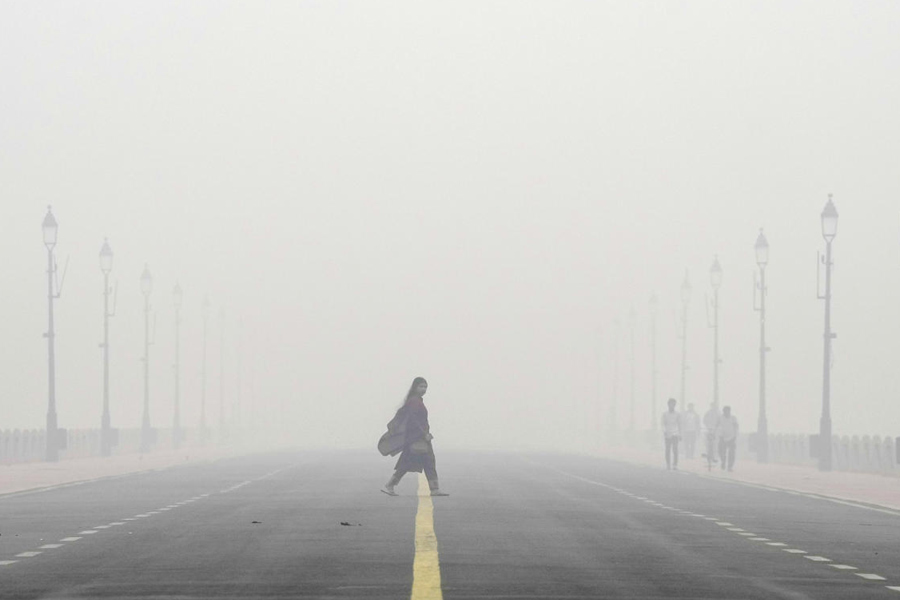
The Supreme Court of India today ruled that schools in the National Capital Region (NCR) should reopen despite the ongoing high levels of air pollution, emphasizing that certain issues affecting students cannot be addressed if they remain closed. The court, however, left the final decision on whether physical classes for Classes 10 and 12 should continue to the Commission for Air Quality Management (CAQM).
In its order, the bench pointed out that many students do not have access to air purifiers at home, and as such, there is little difference between attending school and staying home when it comes to exposure to pollution. Furthermore, the court noted that a significant number of students lack the resources to participate in online education, which could result in them falling behind in their studies. The closure of schools and anganwadis also deprives children of the vital mid-day meal program, a critical source of nutrition for many students.
“Let the commission take a decision at the earliest, even without a copy of the order… we expect a decision to be taken latest by today or tomorrow morning,” the judges stated in their order, urging swift action to resolve the matter.
The court’s observations come as the Delhi region grapples with severe pollution, with the Air Quality Index (AQI) levels in the NCR region recorded between 300 and 419 from November 20 to 23, marking unhealthy levels of air quality. The top court also expressed concern about the adverse effects of the implementation of GRAP IV (Graded Response Action Plan) rules, which have led to widespread disruptions, particularly for daily wage workers and laborers. The judges emphasized that the CAQM has the authority to issue directions to mitigate the suffering caused by the pollution control measures, specifically to protect vulnerable sections of society.
In addition, the Supreme Court ordered the CAQM to provide updated data on air quality levels in the NCR region at the next hearing, so that the court can take further steps in implementing Grade 4 measures under the Graded Response Action Plan. The court has directed the commission to take immediate steps to address the plight of affected individuals, particularly those in the informal sector.
This ruling comes as part of an ongoing effort to balance public health concerns with the need to ensure that students do not lose valuable educational time or miss out on critical services like the mid-day meal program, which is especially important for children from lower-income families.
The Supreme Court’s decision signals a critical juncture in managing the complex issue of air pollution in Delhi, as authorities, schools, and parents await the CAQM’s final instructions.
Sources By Agencies

